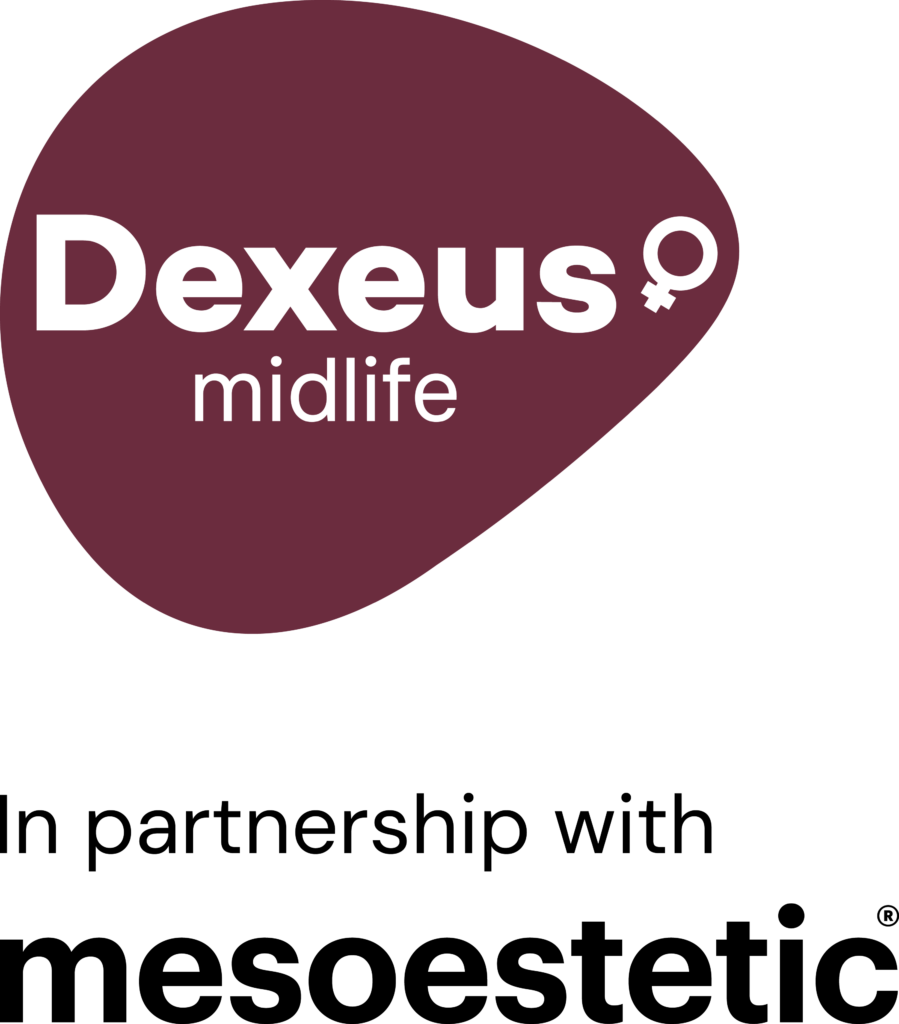From the age of 45, it is common to forget appointments, names or data that we had previously remembered without a problem, and it may be difficult for us to concentrate or perform several tasks at the same time. These changes can be detected long before reaching menopause or be the first to occur. It was previously believed that changes in this stage only involved the end of reproductive health, but today we know that hormonal alterations cause changes at a neurological level.
Oestrogen fulfils neuroprotection, growth and cell repair functions at the central nervous system level, stimulates brain plasticity, impacts on mood and ensures the proper consumption of glucose, which is the main source of brain energy. There are five brain regions that are essential in this interaction with oestrogen: the limbic system, which is responsible for emotional impulses and responses; the hippocampus, which controls memory; the amygdala, which stores the content of memories with emotions; the cingulate cortex, which is involved in emotional processing and learning, and the prefrontal cortex, involved in attention, language and emotional coordination. For this reason, hormonal alterations can cause modifications in all these functions.
In general, this is a transitory problem, which usually appears in perimenopause and early menopause, and which disappears when hormones are balanced. But ageing also affects memory and cognitive activity, so it is important to carry out activities that help stimulate brain activity and maintain good mental health. If these changes are severe, an appropriate neurological assessment should be performed to rule out other types of deficits or cognitive impairment.
Treatments for memory loss
Following a regular sleeping and resting pattern, following a healthy lifestyle and including foods rich in antioxidants and omega 3 fatty acids in our diet, keeping the brain active with stimulating activities (reading, learning languages, doing mind puzzles, etc.) and avoiding stress are some measures that can help to avoid these symptoms. At our clinic we have experts who offer advice and various techniques and therapies that can be useful.
Integrative menopause medical consultation
Integrative menopause medical consultation
This is a consultation by a gynaecologist specialising in women's regenerative and functional gynaecology....
Read moreAdvice consultation on menopause
Advice consultation on menopause
Menopause is a natural stage in women's lives that deserves to be experienced with vitality, optimism and confidence. At Dexeus...
Read moreHormone therapy
Hormone therapy
Hormone therapy has been proven to be safe and efficient and is the most effective way to alleviate the symptoms...
Read moreNatural treatments
Natural treatments
Natural treatments and therapies have been shown to be helpful in treating some common menopausal symptoms. Most can also be...
Read moreFAQs
If I have mental blanks, how can I tell if it is a hormonal problem, stress or the natural ageing process?
Through specific questions we can assess whether there is a presence of stress (and also via a test, if there are high cortisol levels), but we cannot always identify the cause. Hormone therapy in these cases may be diagnostic and therapeutic, because if there is improvement it is because hormonal variations were the cause.
How long can the “mental fog” last?
The duration cannot be determined exactly, but some studies mention an improvement of around 4 years after the date of the last period.
Should I treat it as unimportant or is it always better to get it checked? And if I should get it checked, which specialist is the most suitable?
Ideally, you should always consult a gynaecologist to carry out an initial assessment. If there are multiple cases of dementia in the family or serious symptoms, we will carry out a referral to neurology to carry out more extensive assessments.
Can hormone replacement therapy help?
Yes, we know that hormone therapy is a good therapeutic support in these cases.
Is it true that exercising can reduce its impact? Why?
Absolutely. Numerous studies, including some recent studies on patients at this stage of life, have shown that those who did exercise had a 30% decrease in the risk of developing dementia compared to sedentary women. This happens because physical exercise improves brain circulation, reduces brain atrophy and inhibits the accumulation of Alzheimer’s disease plaques.
What other therapies can help these symptoms?
The Mediterranean diet, prioritising foods rich in antioxidants (mainly vitamin C, E, selenium and beta-carotene). Prioritising green leafy vegetables and cruciferous vegetables, which help control the hormonal and nervous system. Avoiding the consumption of alcohol and tobacco. Phytotherapy can be beneficial, including bacopa monnieri, gingko biloba, ginseng, and turmeric. Vitamin B12 is also essential for cognitive function.

